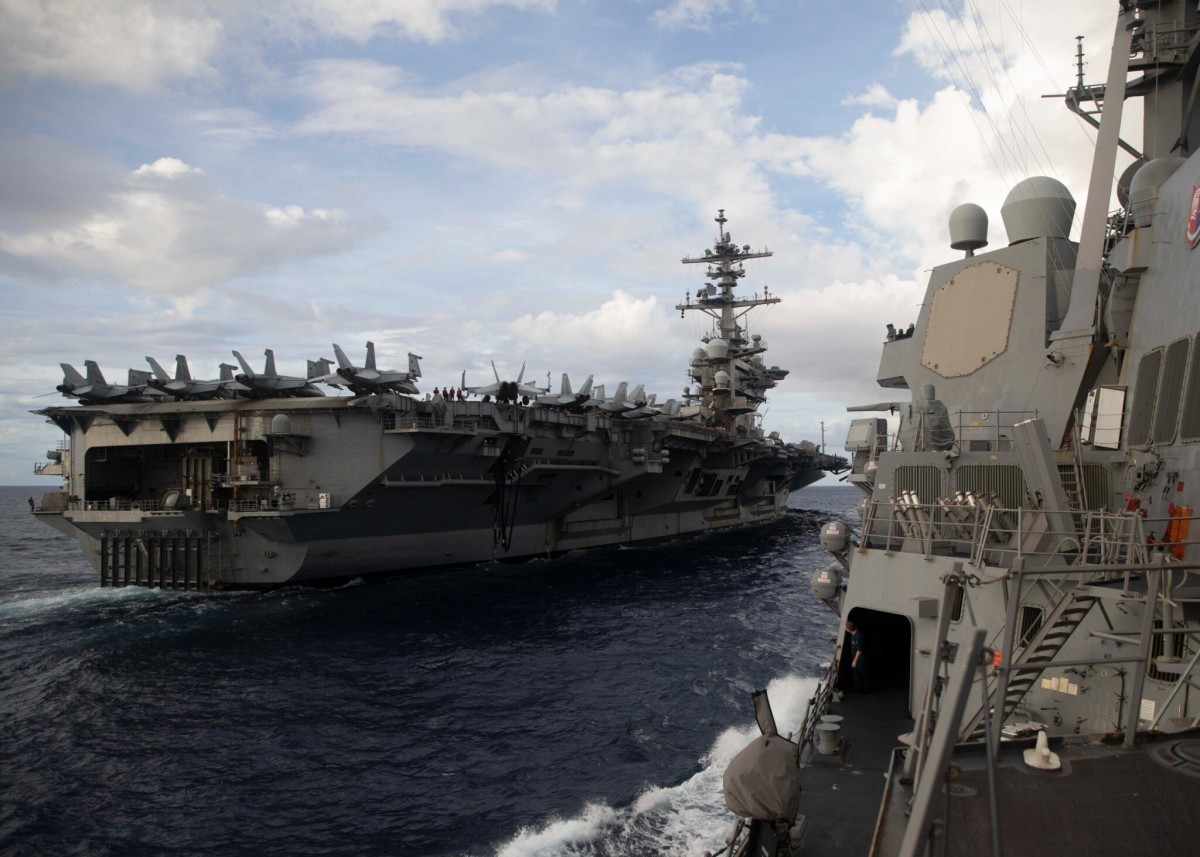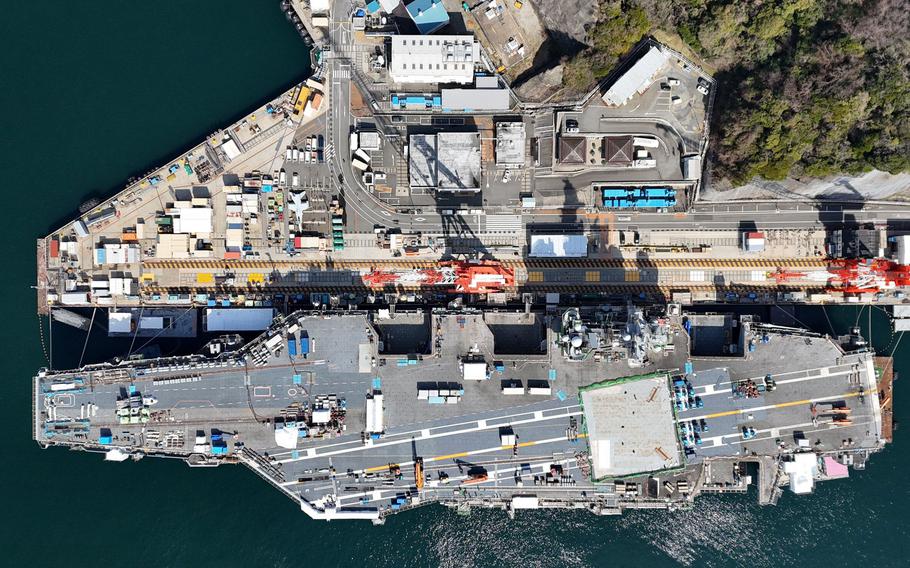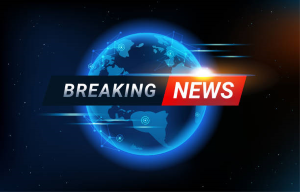On July 23, South Korea disclosed that three Chinese students were apprehended for illegally filming a US aircraft carrier with a drone. The incident occurred last month when the aircraft carrier entered the port of Busan.
According to South Korean news agency Yonhap, the Busan National Police Agency said that the students, aged between 30 and 40, were under investigation for violating the Military Bases and Military Facilities Protection Act.
The students allegedly used a drone to capture footage of the 100,000-ton USS Theodore Roosevelt, which was docked near the Busan Operational Base of the Naval Operations Command in Yongho-dong, Nam-gu, Busan, on June 25.
The drone hovered over the aircraft carrier for approximately five minutes before being detected by soldiers on patrol. The USS Theodore Roosevelt had arrived in South Korea for joint military exercises involving South Korea, the United States, and Japan.
AfriPrime App link: FREE to download...
https://www.amazon.com/Africircle-AfriPrime/dp/B0D2M3F2JT
On the day of the incident, South Korean President Yoon Suk-you visited the carrier to inspect it and meet with South Korean and US service members.
The detained students, international students studying in South Korea, claimed that their actions were driven by curiosity about the large aircraft carrier.
Authorities have found no evidence suggesting that the footage was distributed, but they continue to investigate the students’ motives for the filming.
This incident echoes a similar case in the United States. In June, the US Department of Justice charged a Chinese citizen for using a drone to capture images of a Virginia shipyard involved in constructing US Navy nuclear submarines.

In July, Shi Fengyun, a 26-year-old graduate student from the University of Minnesota, pleaded guilty to misdemeanor espionage charges for photographing US military infrastructure with a drone.
Shi admitted to two of six counts of violations under the Espionage Act, which prohibits photographing military installations and using unregistered drones in national defense airspace.
The court ordered an investigation into Shi’s circumstances, and sentencing is expected in late August or September.
Rising Drone Threat
The detention of Chinese students in South Korea for using drones to film a US aircraft carrier highlights an escalating trend of Chinese nationals capturing sensitive defense assets of the United States and its allies.
AfriPrime App link: FREE to download...
https://www.amazon.com/Africircle-AfriPrime/dp/B0D2M3F2JT
In recent months, disturbing incidents have underscored the potential espionage threat posed by drones. In April and May this year, reports emerged of a Chinese drone allegedly capturing images and videos of the USS Ronald Reagan at Japan’s Yokosuka Naval Base.These visuals, which circulated on social media platforms such as X (formerly Twitter), stoked fears of espionage against US military operations. While a US Navy investigation did not find conclusive evidence of drone activity over Ronald Reagan, the authenticity of the images remains in question.
Around the same time, other troubling footage surfaced. In April, photos and videos emerged showing Japan Maritime Self-Defense Force facilities in Yokosuka and a video of the helicopter destroyer JS Izumo docked at the base.
On May 9, 2024, the Japanese Ministry of Defense verified the authenticity of a video purportedly taken by a Chinese drone flying over the JS Izumo, noting no abnormalities in the footage.

These episodes serve as reminders of the vulnerabilities facing military installations. They underscore the urgent need for enhanced protective measures.
Experts advocate installing barriers that can jam drone signals and disable them when they breach designated perimeters. Following these incidents, Japan’s defense chief also called for strengthening anti-drone capabilities.
Concerns over drone use are not unprecedented. In 2015, a small drone carrying traces of radiation was found on the roof of the Japanese Prime Minister’s office, sparking fears about the potential for unmanned systems to be used in terrorist attacks.
Although the incident did not result in injuries or damage, it led to the drone operator’s conviction for obstruction of business. Since then, Japan has implemented strict regulations on drone flights over key public and diplomatic areas, as well as nuclear power facilities.
However, recent incidents suggest that Chinese drones have successfully infiltrated sensitive areas and captured footage of critical warships belonging to Japan and the United States. This trend also highlights the pressing need for robust countermeasures to safeguard military assets against the growing threat of drone-enabled espionage.
AfriPrime App link: FREE to download...


